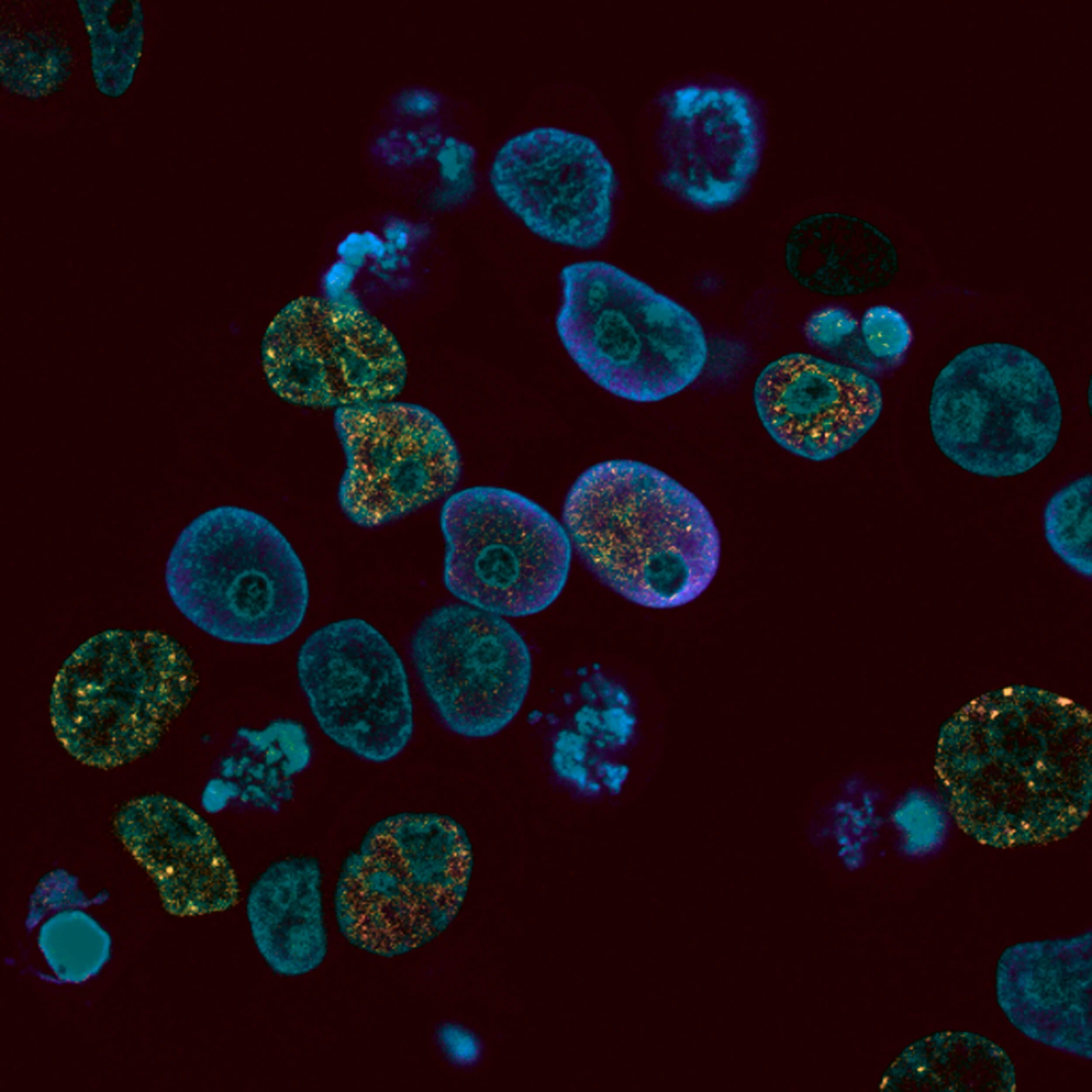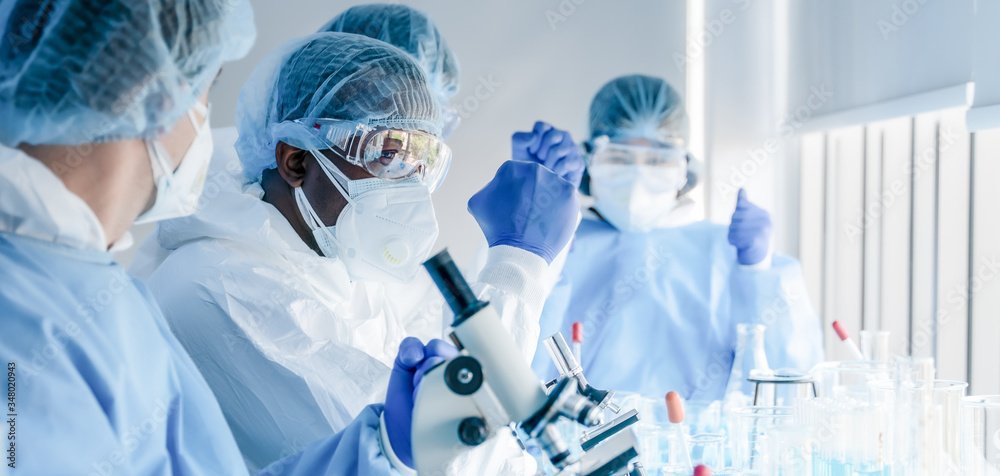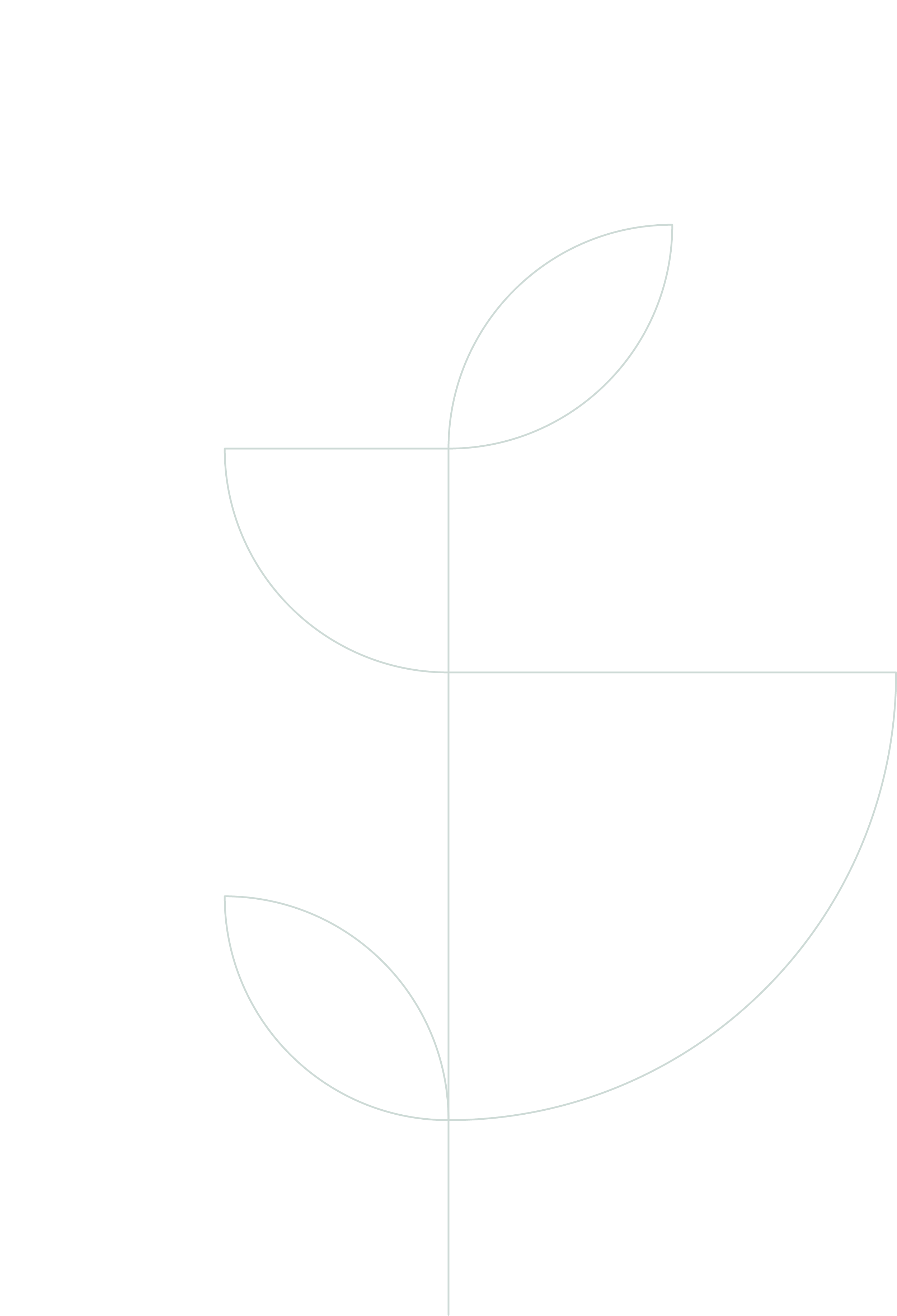Molecular Wound
Quickly manage skin and soft tissue infections, avoid delays in diagnosis and prevent infections from progressing using Precision Life Sciences' comprehensive molecular wound panel. Precision's panel provides insight into 46 pathogens and 42 antibiotic-resistant genes.
According to the National Institutes of Health, chronic, nonhealing wounds impact about 8.2 million Medicare beneficiaries. Medicare cost projections for wounds range between $28.1 and $96.8 billion, including costs for infection management. Patients with infected wounds can experience an abnormal healing process that can lead to longer-term care, additional medications, and persisting pain; leading to lower activity, depression, irritation, and reduced social activity.
Classic culture methods do not completely depict microbial interactions or microorganisms within a wound. In contrast, PCR quantitatively represents all microorganisms contributing to these polymicrobial infections. Thus allowing clinicians to treat the primary organisms responsible for nonhealing wounds.
-
Prevents delays in diagnosis & treatment
Detects Polymicrobial infections
Unaffected concurrent medications
Reduces unnecessary drug exposure and adverse events
Decreases the progression and spread of infection
Improves selection of narrow-spectrum antibiotics
Prepares clinicians to make cost-sensitive treatment decisions
Easily accessible (web-portal or EHR integration)
Ability to provide antimicrobial stewardship monthly reports at request
-
Easy sample collection
Fast, accurate, comprehensive results (24 hours)
It helps reduce treatment failures
Access to scientific, clinical, and pharmaceutical support staff
Culture and Sensitivity vs. Molecular
The limitations of traditional culture techniques lead to increased treatment costs through a lack of antibiotic stewardship, longer treatment times, more invasive medical interventions, and a higher incidence of progressed complications. Mose importantly, this leads to increased pain and suffering.
99% of all infections are polymicrobial or bio/Hm, with high abundance levels. This means many different organisms are present in an infection or wound, contributing to the infected state. The challenge here is that many of these microorganisms are very different from each other and require special attention. A culture cannot grow a biofilm or even multiple organisms.
Cultural & Sensitivity
Sensitivity analysis can provide antibiotic MIC
Allows for quantization of bacterial population
3-5 day turnaround time
Prone to mixed culture results
Results may limit antibiotic options
Molecular Based Diagnosis
24-hour results
>95% Accuracy
>95% Sensitivity
>99% Specificity
Ease of use
Speciation easily identified
Can detect numerous individual entities in a biofilm without loss to culture
Antiobiotic recommendations for polymicrobial infections
Gram-Positive
S. aureus
S. epidermidis
Strep pyogenes
Strep agalactiae
Strep viridans
F. magna
C. perfringens
P. prevotti
P. acnes
E. faecafis
Gram-Negative
E.coli
8. fragilis
K. pneumoniae
P. mirabilis
P. aeruginosa
A. baumanii
C. braakii
S. marcescens
Yeast
Candida albicans
Candida glabrata
Candida parapsilosis
Candida dubliniensis
Candida tropicalis



